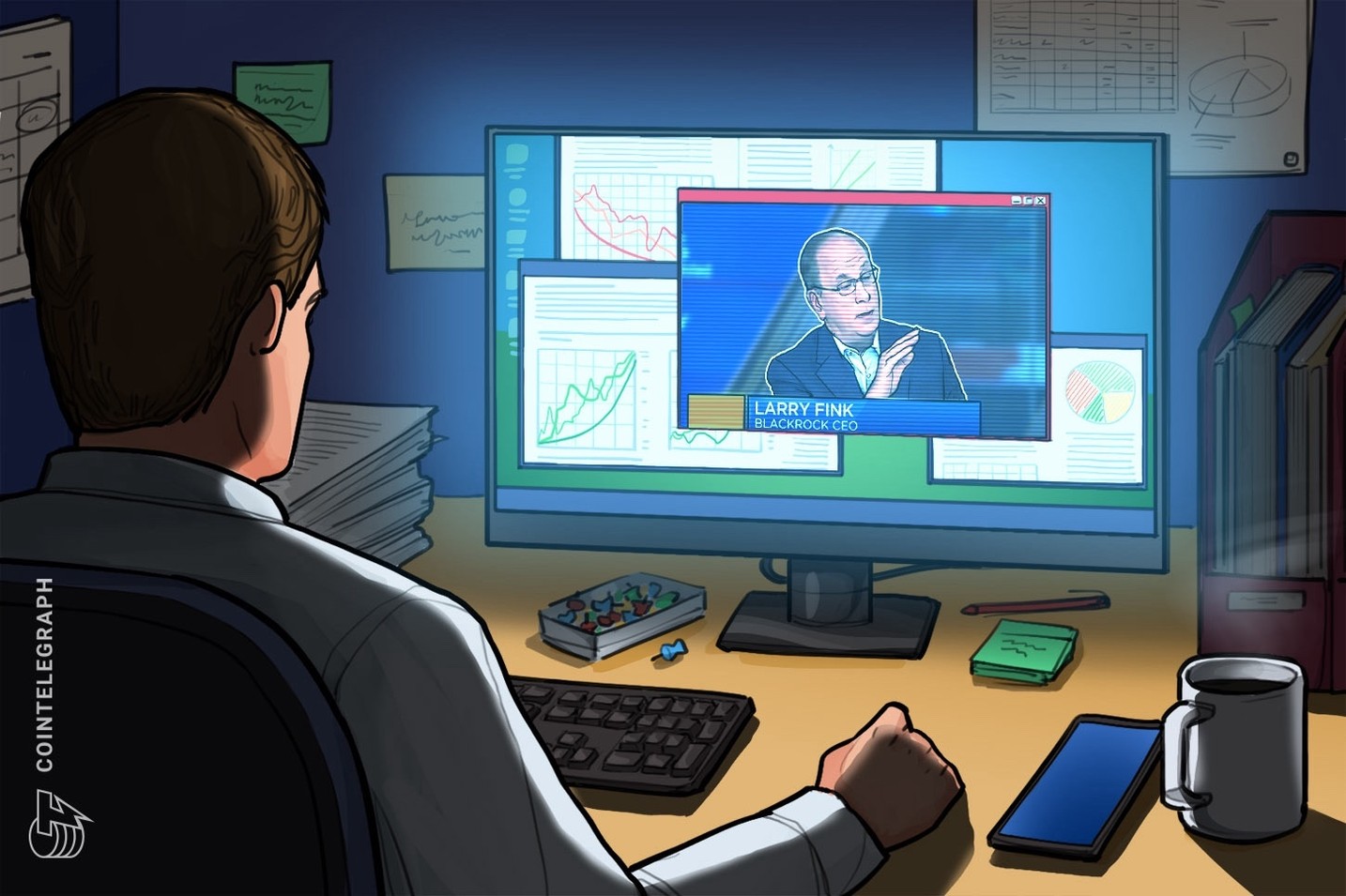During a recent CNBC interview, CEO of BlackRock, Larry Fink, said he was "wrong" about Bitcoin before calling the decentralized asset "digital gold" and a "legitimate" financial instrument.
The head of the $10.6 trillion asset management firm told CNBC's Jim Cramer "I was a skeptic, a proud skeptic" before studying the nascent asset and changing his mind about Bitcoin (BTC).
"It is a legitimate financial instrument that allows you to maybe have uncorrelated type of returns. I believe it is an instrument that you invest in when you're more frightened, though. It is an instrument when you believe countries are debasing their currency by excess deficits, and some countries are."
Fink then touched on the deteriorating economic and political situation in some countries and the potential for Bitcoin to give individuals in those societies an option of investing in something beyond their geographies.
BlackRock Bitcoin ETF
In May, BlackRock's iShares Bitcoin Trust (IBIT) overtook Grayscale Bitcoin Trust (GBTC) as the world's largest Bitcoin exchange-traded investment fund, with year-to-date inflows topping $18 billion as of July 15.
The asset manager also repurposed shares of the Bitcoin ETF by adding them to its Strategic Income Opportunities Fund (BSIIX) and the Strategic Global Bond Fund (MAWIX), highlighting the potential of Bitcoin to aid income-focused investors such as retirees.
According to the most recent CoinShares inflows data released on July 15, Bitcoin investment vehicles experienced their fifth-highest week of inflows, recording over $1.35 billion in weekly investments.
Bitcoin's price responds
Bitcoin's price responded to Fink's comments and several other developments perceived as bullish, including the German government offloading its final Bitcoin, ending the stark selling pressure caused by dumping 50,000 coins onto the market.

The decentralized asset rose for four consecutive days, with the nine-day exponential moving average crossing back over the 200-day exponential moving average, reversing several weeks of negative price action and price suppression below the $60,000 mark.
